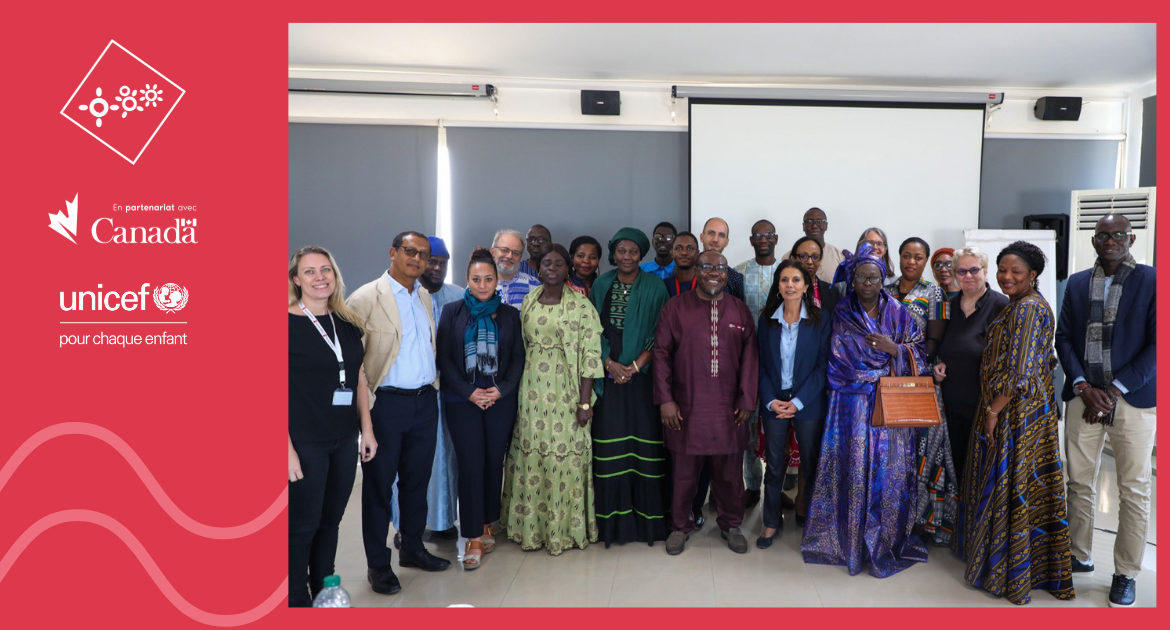
On Saturday 25 February, IBCR had the pleasure and honour of receiving Dr. Najat Maalla M’jid, Special Representative of the UN Secretary General on Violence against Children and former Chair of the IBCR Board of Directors, at its office in Dakar.
In the presence of the Bureau’s national team, members of one of the partner organisations of the project in Senegal (the Association d’Aide aux Personnes Vulnérables), representatives of civil society and the Comité Départemental de Protection de l’Enfant (Departmental Child Protection Committee) of Saint-Louis, this meeting provided an opportunity to discuss the issue of violence against children in the country and to formulate concrete responses.
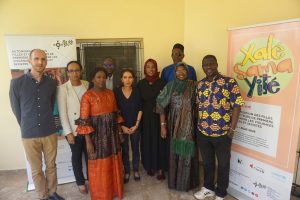
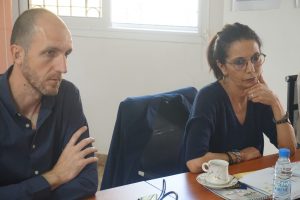
Discussions focused on the relevance of mapping Koranic schools (daaras), which are sometimes vectors of violence against children (forced begging, sexual harassment, etc.), but also on the shortcomings of the public education system, on the renewal of the National Children’s Code, which would make it possible to have a regulatory framework for better combating such violence, and on the actions needed to ensure that existing laws are better applied in professional practices.
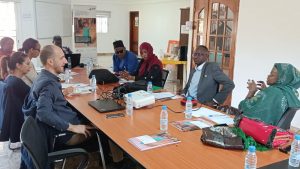
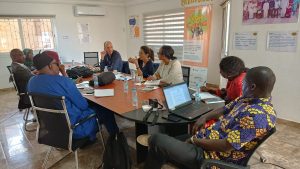
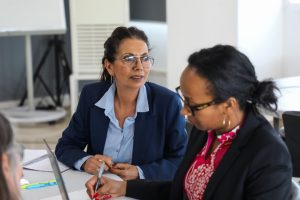
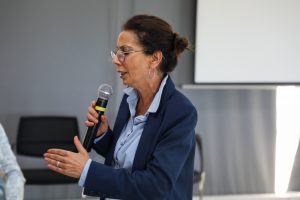
Today, one out of every two people in Senegal is a child, and action to prevent and eradicate violence against children is more necessary than ever.
With a five-year project, the IBCR has been working in Senegal since 2020 to reduce sexual and gender-based violence against children, in partnership with the Senegalese government and with the technical and financial support of UNICEF and Global Affairs Canada. Until 2025, many activities will be organised to strengthen certain state sectors of child protection and the role and voice of children.





